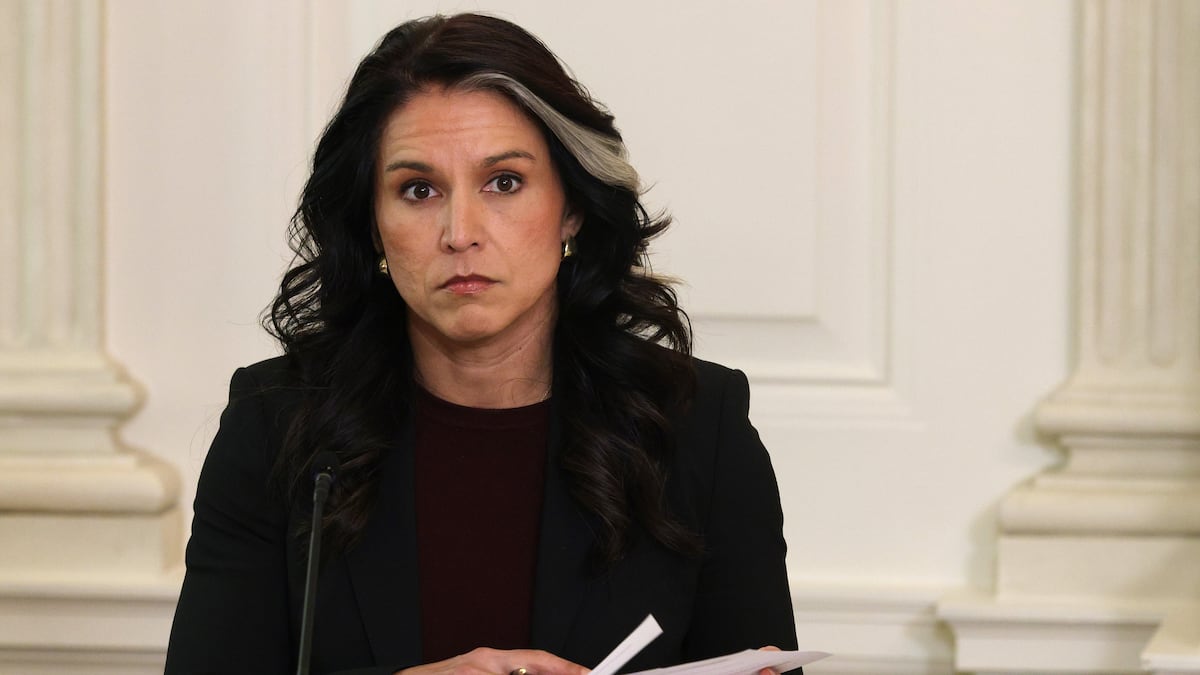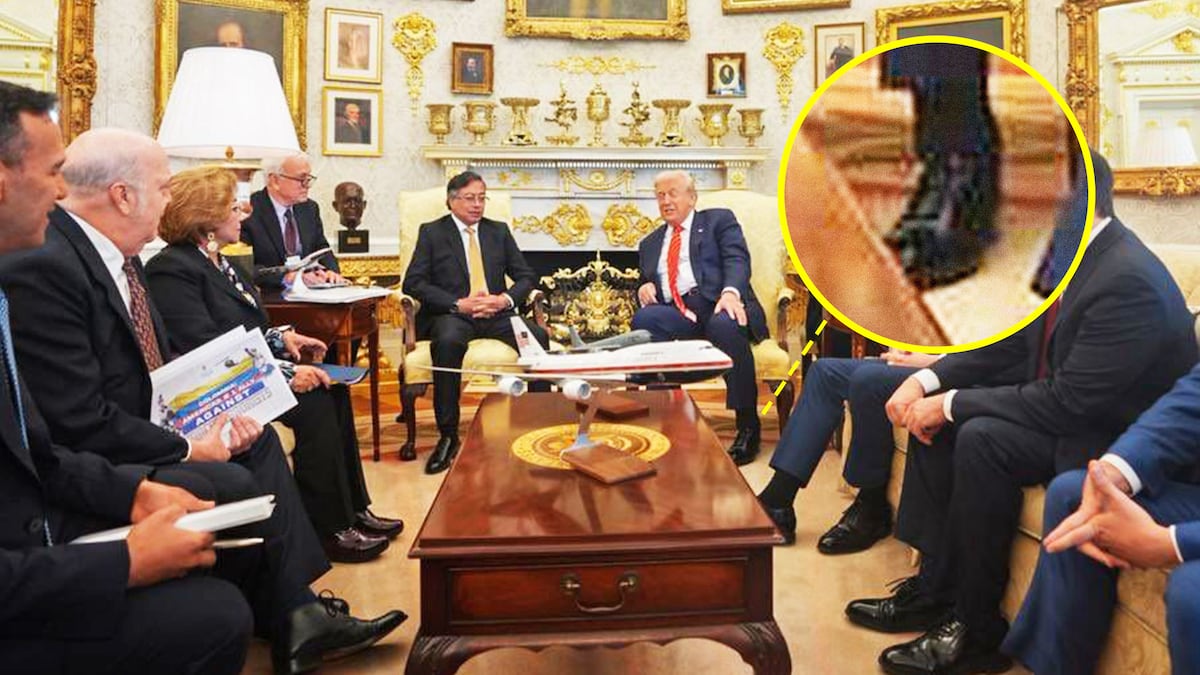President Obama’s new National Security Council coordinator for the Middle East, North Africa and the Gulf does not have much experience with Israeli and Palestinian issues, but observers said the White House will instead benefit from his extensive inside-the-beltway skills.
Philip Gordon took over as special assistant to the president and coordinator for what is often referred to as the Central region at the NSC on March 11, bringing with him years of federal government experience and a decade in Washington’s think tank world. Like some of his predecessors, Gordon’s strengths lie more in his knowledge of Washington than his familiarity with the meeting rooms of Jerusalem and Ramallah.

Longtime peace process veteran Dennis Ross previously served as senior director for the Central region during part of Obama’s second term, and Gordon’s ascension to the role marks a shift from Ross’s familiarity with the area. With new secretaries of state and defense and widespread staff changes at the start of Obama’s second term, much about the peace process remains in flux. Gordon’s choice could signal a lower prioritization for Israeli and Palestinian issues compared to Syria or Iran—or at least less direct control from the White House, which may hand over the reins to Secretary of State John Kerry and the assistant secretary of state for Near Eastern affairs, a position currently vacant. Even as Obama comes off his first trip to Israel as president, during which he spoke fervently about finding an end to the Israeli-Palestinian conflict, it remains to be seen how the White House and the State Department will divide responsibilities for the region.
Gordon does bring an extensive track record in Washington, including on the NSC. He served as assistant secretary of state for European and Eurasian affairs from May 2009 until his latest appointment, and was director for European affairs on the NSC under President Bill Clinton.
During his time as a senior fellow at the Brookings Institution from 1999 to 2009, Gordon focused much of his scholarship on Turkey, Iraq and the United States’ relations with Europe.
But Gordon’s lack of Israeli-Palestinian area knowledge is less important for his new NSC position, according to Elliott Abrams, who as a deputy national security advisor under George W. Bush from 2005 to 2009, supervised Near East and North African affairs at the NSC. In those roles, the ability to push the president’s priorities through the foreign policy establishment tends to trump policy experience, Abrams said.
In choosing Gordon, the Obama administration went with “someone in whom they have real confidence,” said Abrams, who from 2002 to 2005 served as special assistant to the president and senior director for Near East and North African affairs at the NSC.
“They have made a very, very smart move,” he said. “The critical elements of this job are not area expertise but bureaucratic expertise: Do you know how to get work done on time and at a high level of competence?”
The borders of the Central region that Gordon oversees occasionally shift depending on events, such as the Iraq war, and the makeup of the staff changes, too. Gordon will serve as coordinator of the region, where Ross, Abrams and others were senior directors; Gordon will oversee staffers at the senior director level.
“Gordon understands the bureaucracy,” said Ghaith Al-Omari, the executive director of the American Task Force on Palestine, who has worked with several senior directors at the NSC. “He’s a professional brought from the professional echelon to fill a professional job.”
While at Brookings, Gordon authored, co-authored or edited five books on France, Turkey, Iraq, the war on terror and the Middle East; a few zoomed in on U.S.-European relations in particular.
As an assistant secretary of state, he oversaw U.S. policy on Europe and Eurasia, including relations with the European Union, the North Atlantic Treaty Organization and the Organization for Security and Co-operation in Europe. He previously served as a senior foreign policy advisor for Obama’s 2008 presidential campaign and a senior fellow at the International Institute for Strategic Studies in London.
While most of his scholarship has focused elsewhere, Gordon has over the years penned op-eds on Israeli and Palestinian issues. During the Israel-Lebanon war in 2006, Gordon wrote in the Washington Post and the Financial Times that Israel’s bombing campaign was ill advised, as was the United States’ backing for it.
“Washington’s support of this war and tolerance for the way it was fought have been a disaster,” he wrote in a 2006 Financial Times piece with co-author Jeremy Shapiro, who advised him at the State Department and was a fellow at Brookings during Gordon’s time there. “America’s stance on the Lebanon war has had a wide range of negative consequences for America.”
Abrams said that Gordon could get up to speed very quickly with briefings and support from the State Department’s Bureau of Near Eastern Affairs, the Central Intelligence Agency and his own staff.
“I think he can learn whatever it is he needs to learn,” Abrams said. “What he doesn’t have is a relationship of deep confidence with Middle Eastern leaders who he’s known for 20 years.”
Two staffers currently help divide up the region: Puneet Talwar serves as special assistant to the president and senior director for the Gulf states, Iran and Iraq, while Prem Kumar holds the position of acting senior director for the Middle East and North Africa.






